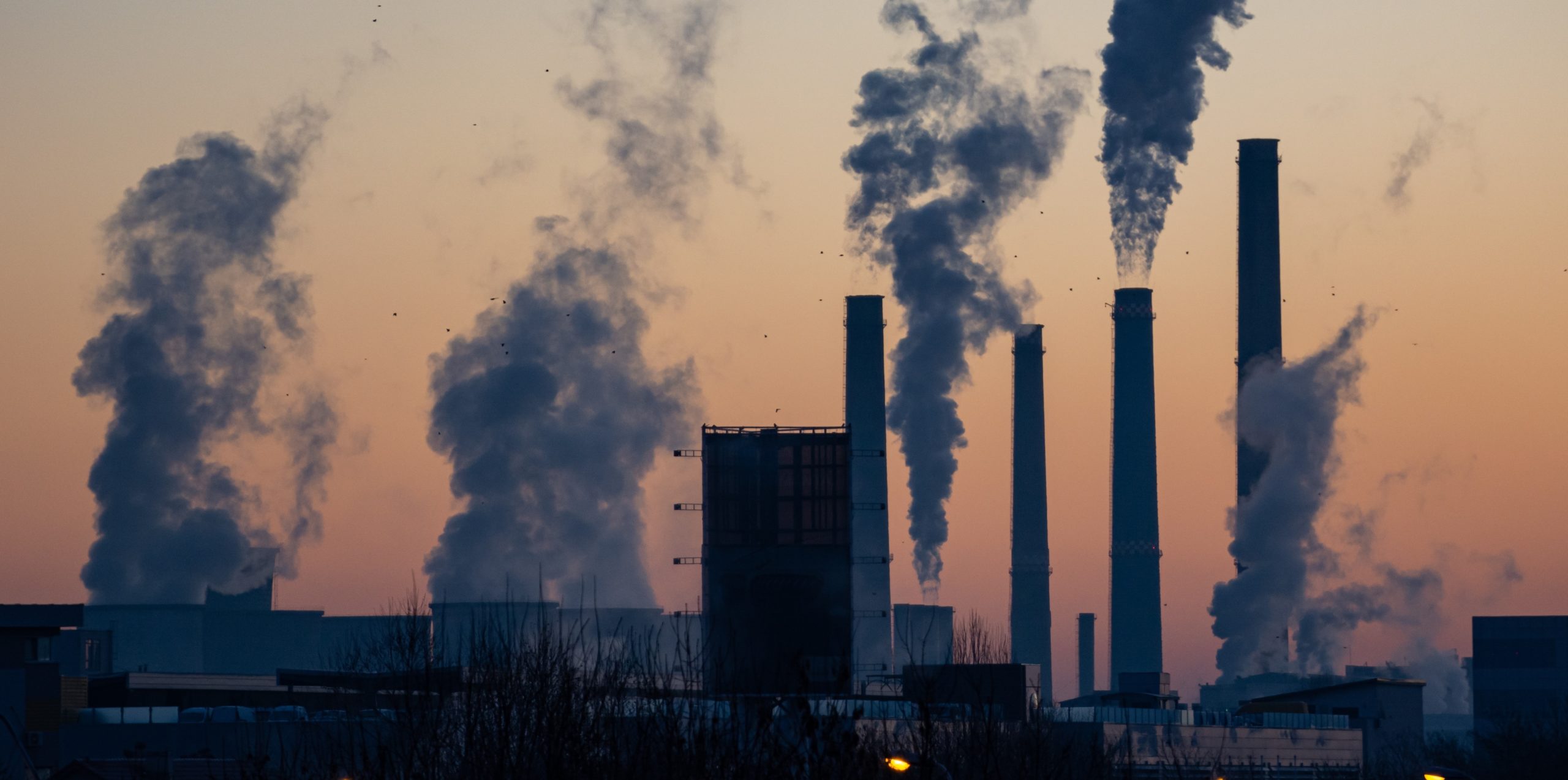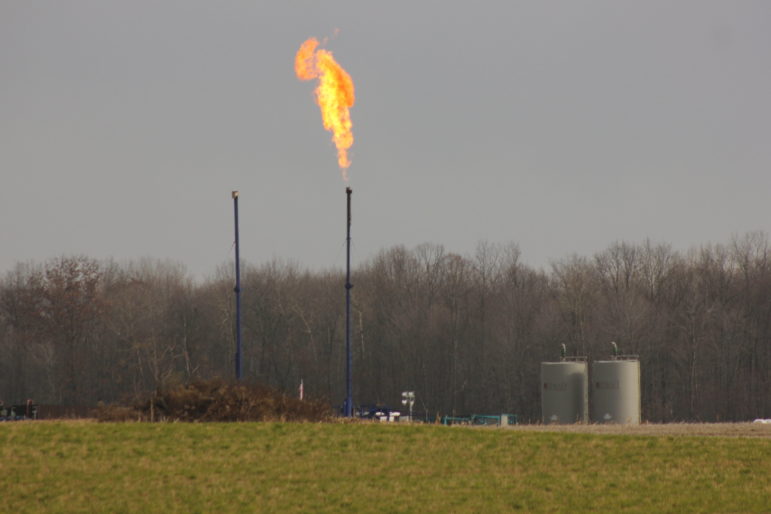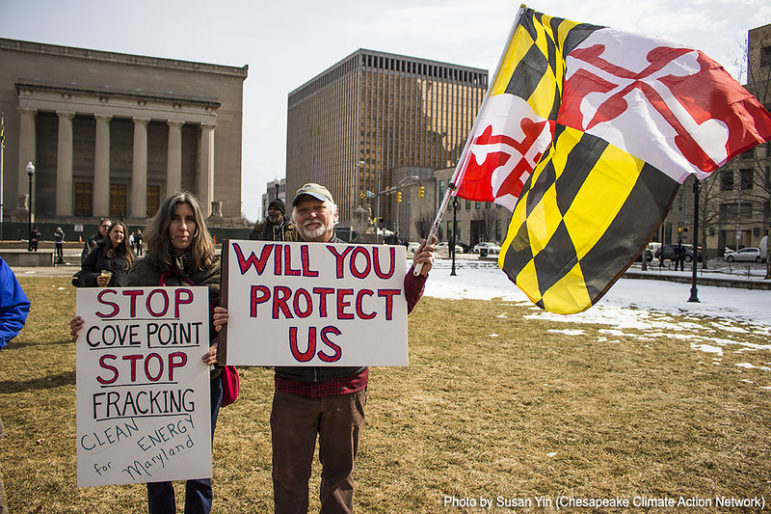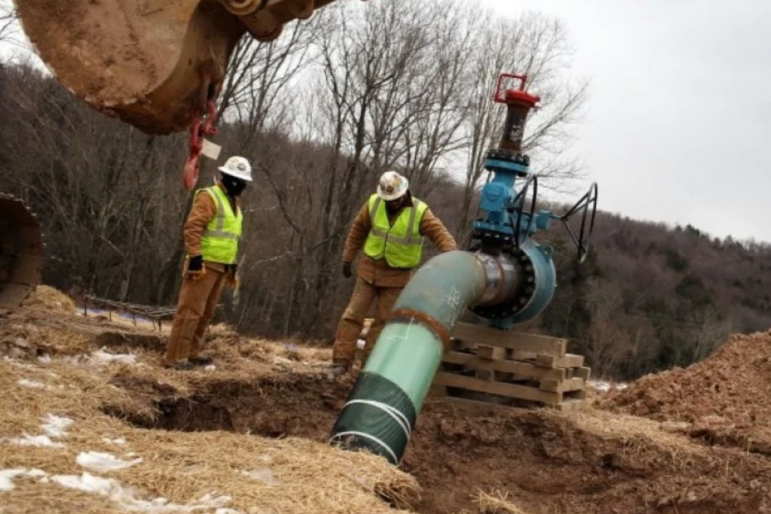
Why We Need to Require the Public Service Commission to Consider Climate
The world’s leading climate scientists warn that we have 10 short years to dramatically reduce our climate-disrupting emissions. According to the Intergovernmental Panel on Climate Change (IPCC), we must reduce greenhouse gas emissions 60% by 2030 to avoid the worst impacts of a rapidly warming planet. This switch means running our homes, industries, and cars on clean sources of energy instead of fossil fuels.
However, gas plants have multiplied in recent years and Governor Hogan wants to “kick-start” a gas pipeline expansion across Maryland. It’s time to take serious steps to address climate change and our overreliance on fossil fuels such as gas.
BILL TEXT: The Utility Regulation – Consideration of Climate and Labor Act. Senate Bill 656/House Bill 531
LEARN MORE AND TAKE ACTION AT CCAN ACTION FUND

The Problem: Climate Effects Ignored
To avert climate catastrophe, we must radically change our energy economy to be powered by renewable sources like wind and solar. Reliance on coal is declining but gas is on the rise. Methane — the primary component of gas — is 86 times more potent a greenhouse gas than carbon dioxide, yet the Administration still considers gas a “bridge fuel.” In a world that is both literally and metaphorically on fire, there is no room for more gas in Maryland.
The PSC is Fueling the Fire: The Maryland Public Service Commission (PSC) regulates electricity and gas supply in the state. It approves new facilities that generate electricity and oversees the gas industry. Last year, when it approved a former coal plant repowering to gas, the PSC declared that “the Commission has never required that any consideration of climate change and its effects be included in a . . . proceeding.”
The Solution: Institute a PSC Climate Test
As an immediate fix to an immediate problem, legislators must direct the PSC to consider climate when making decisions. This “climate test” would provide a necessary and straightforward solution to the PSC’s refusal to consider climate change when making energy-related decisions.

What Will the Bill Do?
- Directs the PSC to consider climate change in its regulation of the electricity sector, based upon the best available scientific information recognized by the IPCC and achieving our state climate goals.
- Specifically, the legislation will require the PSC to consider climate impacts when reviewing applications for new electricity generating facilities, and when it approves the sites for new facilities.
- State agencies similarly would need to consider climate impacts when providing input to the PSC regarding applications for new facilities.
If We Don’t Act: More Dangerous Gas Infrastructure Will Threaten Our Communities.

Failure by the PSC to consider climate has already led to the approval of dangerous gas projects:
- Merger Agreement to “Kick-Start” Gas Infrastructure: In 2018, the PSC approved a merger between Canadian company AltaGas and local utility Washington Gas meant to “kick-start” a gas expansion across Maryland. Negotiated by the Hogan Administration, the merger mandates that AltaGas give $30 million to the state to be spent on fracked-gas pipelines and combustion throughout Maryland and directs AltaGas to spend $70 million in ratepayer money over 10 years on fracked-gas infrastructure.
- Conversion of CP Crane: In 2019, the PSC allowed the retired coal-fired CP Crane facility in Baltimore to repower to gas. In approving the project, the PSC declared that “the Commission has never required that any consideration of climate change and its effects be included in a Proposed Order or CPCN proceeding. . . . Staff is bound by Commission precedent.”
And there are already several climate-fueling projects on the line that face PSC approval:
- Six coal plants remain in Maryland. They are expected to shut down in coming years. As this happens, we need to be vigilant to make sure that they don’t convert to gas plants, like what happened with CP Crane— our climate cannot afford it.
- Spectrum Energy has proposed building a gas power plant in Denton, on the Eastern Shore. This plant would be served by a proposed 181-mile gas pipeline, which has garnered grassroots opposition in the area.
- Much more is likely to be proposed, given that the Hogan Administration has launched a gas infrastructure program “aimed at expanding natural gas offerings statewide.”
Additionally, as the PSC considers approval for offshore wind, community solar, and other renewable energy projects, we want to ensure they are accurately taking into account the climate-friendly benefits to come.
LEARN MORE AND TAKE ACTION WITH CCAN ACTION FUND
Key Articles:
- “Proposal to revive shuttered Baltimore County power plant stirs questions about climate change,” Baltimore Sun, 6/21/19
- “A year after fracking ban, Maryland Gov. Hogan’s support for natural gas sparks new battle,” Baltimore Sun, 3/3/18
- “Md. moving in the wrong direction on energy,” Baltimore Sun, 6/15/18
- “Keep your pipelines out of Maryland.” Washington Post. 6/7/19
- “Activists Rally Against Governor Hogan’s Fracked-Gas Plans Ahead of MEA Meeting,” Chesapeake Climate Action Network, 11/21/19
- “Is a $103 million expansion of natural gas service the best Md. can do?” Baltimore Sun, 2/26/18
Resources:
- Factsheet: A Climate Test for Maryland’s PSC
- BILL TEXT: The Utility Regulation – Consideration of Climate and Labor Act. Senate Bill 656/House Bill 531
- “The Natural Gas Gamble: A Risky Bet on America’s Clean Energy Future.” Union of Concerned Scientists, 2015
- “Environmental Impacts of Natural Gas.” Union of Concerned Scientists
